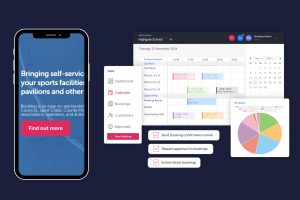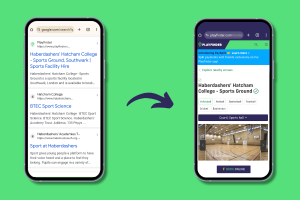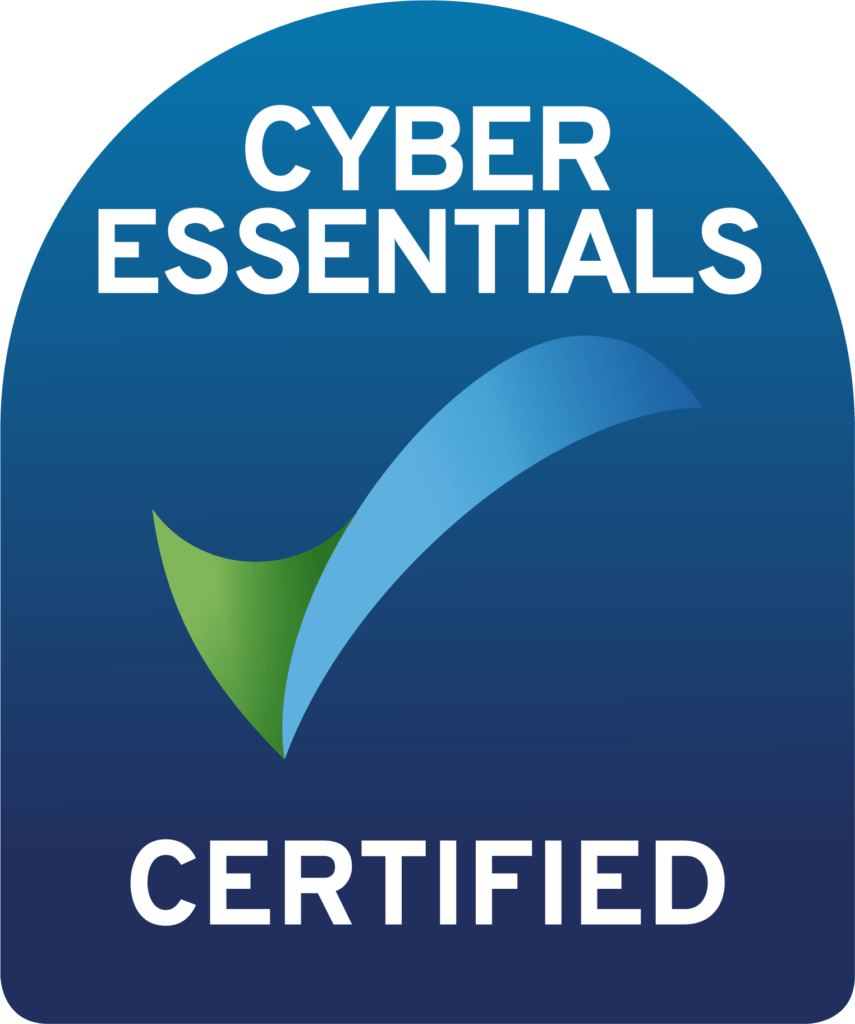Empowering Customers Through Self-Service Booking Software: A Game Changer for Sports Facility Management
Managing sports facilities often means juggling endless calendars, chasing payments, and answering the same questions over and over. Most venues still rely on manual methods that drain time and add stress. Introducing self-service booking software can shift that balance, giving your customers clearer visibility and control without extra hassle for your team. This post explores how self-service saves time and money while simplifying payments and communication for sports facility management.
The Hidden Cost of Manual Management
Time-Consuming Administrative Burdens

For many sports facilities, the traditional booking process remains largely manual. Staff spend hours answering phone calls, responding to emails, updating spreadsheets, and chasing payments. These repetitive tasks consume valuable time that could be better spent on improving customer experience or developing new programmes.
Limited Customer Visibility
Without self-service options, customers have no choice but to contact facility staff directly for even the simplest queries:
- “Is the tennis court available next Tuesday at 6pm?”
- “Has my payment been received?”
- “Can I change my booking time?”
Each of these questions requires staff intervention, creating a bottleneck in operations and frustrating customers who expect quick answers.
The Rise of Self-Service Booking Software in Sports Facility Management
Empowering Customers While Maintaining Control

Self-service booking software allows customers to view availability, make and amend bookings, and manage their accounts independently. This doesn’t mean relinquishing control – quite the opposite. Facility managers can set specific parameters including:
- Available time slots
- Pricing structures
- Booking rules and restrictions
- Required customer information
The system enforces these rules automatically, ensuring consistency while freeing staff from constant oversight.
Enhanced Visibility Drives Customer Satisfaction
When customers can see real-time availability, they make more informed decisions. This transparency builds trust and reduces the frustration of back-and-forth communications. Customers appreciate:
- 24/7 access to booking information
- The ability to amend bookings instantly
- Immediate confirmation of reservations
- The ability to view their booking history
- Self-management of their account details
A school in Yorkshire reported a 40% reduction in booking-related phone calls after implementing self-service options, allowing their reception staff to focus on other priorities.
Financial Benefits of Self-Service Booking Software
Streamlined Payment Processing

One of the most significant advantages of self-service booking software is integrated payment processing. This brings multiple benefits:
- Reduced risk of bad debt through upfront payments
- Lower administrative costs for invoicing and reconciliation
- Improved cash flow with immediate payment collection
- Decreased time spent chasing late payments
Minimising Revenue Leakage with self-service booking software
Manual booking systems are prone to human error. Double bookings, missed payments, and scheduling mistakes can all lead to lost revenue. Self-service platforms minimise these risks through:
- Automated booking confirmation
- Integrated payment gateways
- Real-time calendar updates
- Automatic reminders for customers
Implementation Success Stories
Local Authority Leisure Centre Case Study
A local authority leisure centre in the Midlands implemented a self-service booking system and saw remarkable results:
- 65% of bookings moved to the online platform within three months
- Administrative time reduced by approximately 20 hours per week
- Customer satisfaction scores increased by 28%
- Payment collection timeframe reduced from an average of 14 days to immediate payment
Multi-Academy Trust Experience
A Multi-Academy Trust managing sports facilities across five schools found that self-service booking:
- Standardised the booking process across all sites
- Reduced the workload for site staff by 30%
- Increased facility utilisation by making booking more accessible
- Provided valuable data on usage patterns for future planning
Getting Started with Self-Service
Key Considerations for Implementation
When introducing self-service options:
- Choose a platform that balances customer ease-of-use with administrative control
- Ensure the system integrates with your existing processes
- Provide clear instructions for first-time users
- Consider a phased approach to transition regular customers
Supporting the Transition
While self-service reduces administrative burden, it’s important to:
- Maintain support channels for customers who need assistance
- Regularly review system settings to optimise the booking experience
- Collect and act on customer feedback about the booking process
Self-service isn’t about removing the human touch from your facility management – it’s about directing your team’s valuable time and expertise where it can make the biggest difference.
Time and Money Savings for Management Teams

Sports facility managers who implement self-service booking systems report significant operational improvements. The initial investment quickly pays for itself through reduced administrative costs and improved resource allocation.
Reducing Manual Effort with self-service booking software
Manual booking processes create hidden costs through inefficiency. Staff members spend hours on repetitive tasks that add little value to the customer experience or the bottom line.
With self-service booking, your team no longer needs to manually input reservation details or update availability calendars. The system handles these tasks automatically, with changes reflected instantly across all platforms.
For many facilities, this means staff can be redeployed to more productive activities. Instead of answering basic questions about availability, they can focus on facility maintenance, programme development, or providing exceptional customer service during visits.
The impact is particularly noticeable for facilities with limited administrative staff. Haberdashers’ Multi-Academy Trust found that self-service booking allowed them to manage increased facility usage without adding administrative headcount.
Simplifying Communication and Scheduling
The communication flow between customers and facility staff becomes much more streamlined with self-service options. Automated confirmation emails, reminder messages, and cancellation notifications keep everyone informed without requiring staff intervention.
This automation extends to scheduling as well. When a customer cancels a booking, the slot becomes immediately available to others. The system can even maintain waiting lists, automatically notifying interested parties when a popular time slot opens up.
For recurring bookings, self-service platforms can manage entire seasons or terms at once. Sports leagues and clubs can book their regular slots, with the system handling exceptions for holidays or special events.
The automation of bookings and payments creates a virtuous cycle: as more processes become automated, staff have more time to improve other aspects of facility management, leading to better customer experiences and increased bookings.
For facility managers, perhaps the most valuable benefit is peace of mind. With a reliable self-service system in place, you can be confident that bookings are being handled correctly even when you’re not personally overseeing the process.














